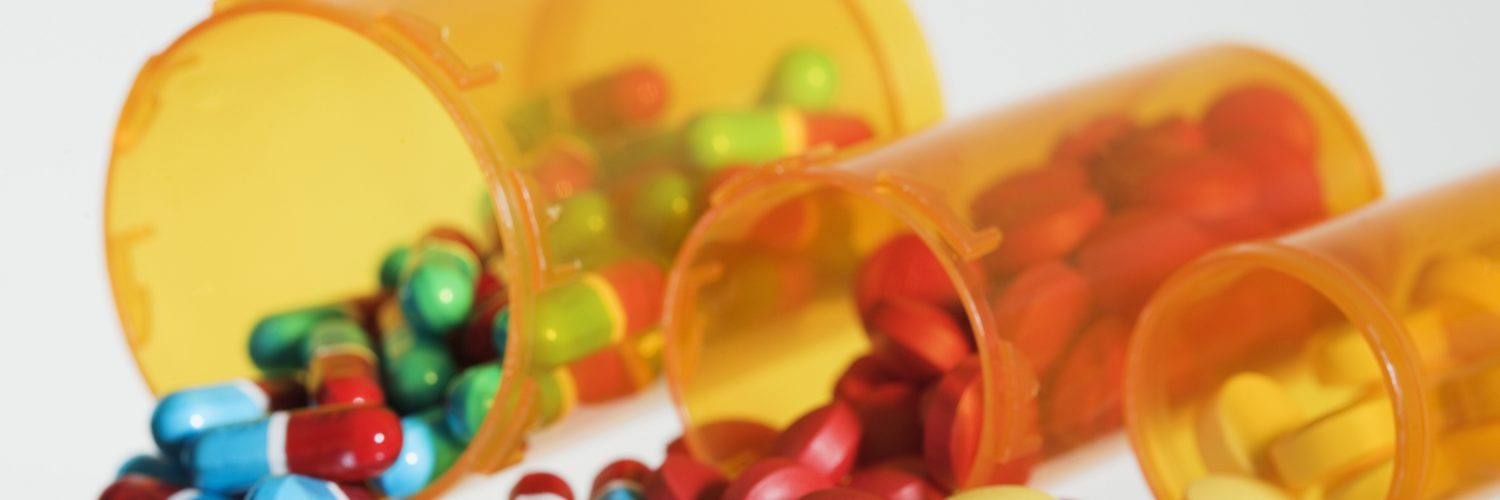It’s important to assess what’s in your medicine cabinet and make sure it is being properly stored and disposed of in order to prevent possible health risks. While prescription medications can be an important part of treatment for those who need them, they also have the potential to be misused or abused. In order to ensure that only the people who need these drugs have access, it’s critical to safely store medications while in your home and properly dispose of them once you no longer need them.
Safe storage tips
While you are taking prescription medications as directed by your doctor, it’s important to appropriately store them in your home to avoid having them fall into the wrong hands, either accidentally or intentionally.
- Store medications in a cool, dry place that is not easily accessible by children or pets (note: experts recommend not storing medications in a bathroom medicine cabinet as humidity can affect the drugs)
- If your pharmacist or healthcare provider lets you know a medication has the potential for abuse, keep it in a locked location when not in use
- Keep medications in their original containers so you can refer to the accompanying important information and directions for use
- Do not share prescription medications with anyone
- Review your prescription medications on a regular basis to make sure nothing is missing, expired, or no longer in use
How to dispose of unused medications
A recent survey found that over half of adults reported disposing of their medications improperly, either by throwing unused medicines in the trash without taking further precautions or flushing them down the toilet. If you are done taking a medication before the bottle is empty or discover that medication in your medicine cabinet is expired, there are a number of steps you can take to safely dispose of these drugs to prevent any potential issues.
- Ask your pharmacy or local government if they offer a medicine take-back program; many communities provide opportunities for you to return unused medication that will then be properly disposed of
- Most medications should not be flushed; however if your medicine is on this list from the FDA, it is safe to dispose by flushing
- If there is not a take-back program near you and your medication is not able to be flushed, you can dispose of it in the trash by taking certain precautions first:
- Remove medication from the bottle without crushing it
- Mix pills with kitty litter or used coffee grounds in a sealed plastic bag
- Throw the bag out with your regular trash
- Make sure to remove or scratch out all identifying or personal information on the original packaging before throwing the empty bottle away
Prescription medications can be very beneficial for those they are intended to help, but in the wrong hands, they can be dangerous. By taking steps to properly store and dispose of these drugs, you can help make sure that they stay safe and accessible for the people who need them.
Other helpful resources
To learn more, please visit any of the websites below for additional information about safe medication storage and disposal:



